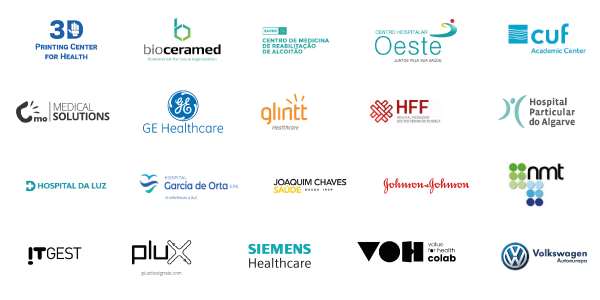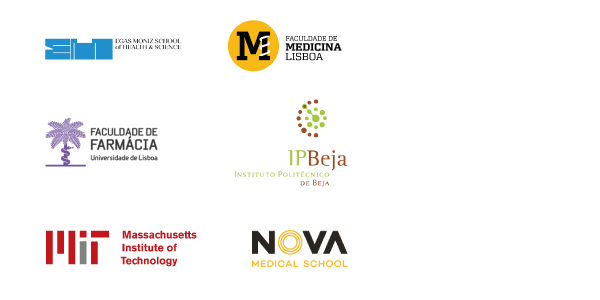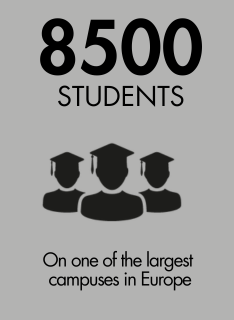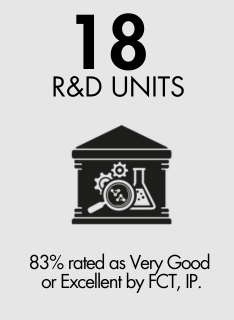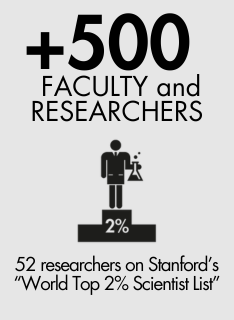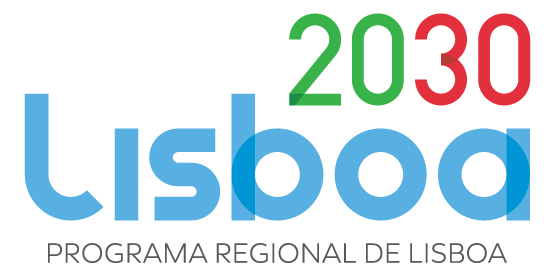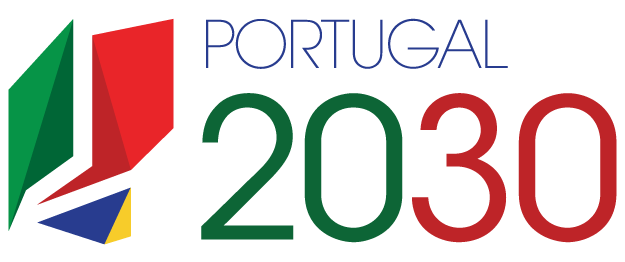Dário Rodrigues
Researcher at Thomas Jefferson University Hospital (Philadelphia, EUA)
"I obtained the Integrated Master’s in Biomedical Engineering (MIEBM) at NOVA in 2007. As I had always aspired to an academic career, I pursued a PhD also at NOVA, in collaboration with ISEL (Lisbon) and Duke University Hospital (Durham, USA). During this period, I had the opportunity to develop mathematical models and build microwave antennas for various clinical applications: monitoring physiological processes, drug delivery, and cancer treatment.
I completed my PhD in 2013 and am currently doing a postdoctoral fellowship at Thomas Jefferson University Hospital (Philadelphia, USA). In addition to conducting research, I am receiving training in Clinical Engineering for cancer treatment using microwave hyperthermia. It has been a journey where Physics and Mathematics are ever-present, but with a strong focus on Medicine and Biology.
At times, I take on the role of an Electrical Engineer, other times a Mechanical Engineer, Biological Engineer, Physics Engineer, Mathematician, Clinical Engineer, and so on. This versatility is, in fact, the hallmark of Biomedical Engineering — and it is highly valued both in clinical and industry settings.
This program at NOVA is very well aligned with the needs of a 21st-century engineer. It provided me with the foundations for my academic career in Biomedical Engineering, but also a new way of thinking thanks to its multidisciplinary nature. I also highlight the excellent professors, the campus, the close student-teacher relationships, and of course, the NOVA classmates and friends who were a constant source of learning and joy.
I can truly say those were the best five years of my life, and I feel privileged to be part of NOVA".







